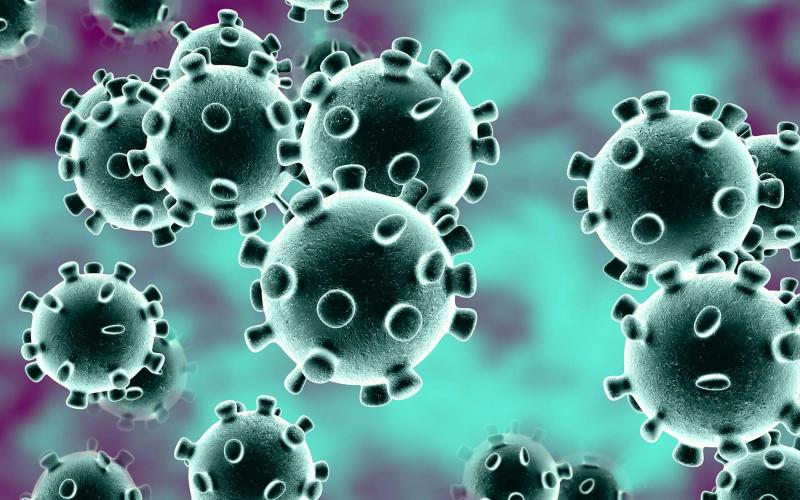Cumulative novel coronavirus infections topped 100 cases in Hart County this week as 33 new cases were added in the county during a week-long period — and hope for a potential vaccine being tested at Emory University in Atlanta is showing promising early results, researchers say.
The number of total reported COVID-19 cases in Hart County reached 121, as of the Department of Public Health’s Tuesday status report, marking an increase of 33 cases since the July 7 report.
There are still no reported deaths from the virus in Hart County, according to the Department of Public Health.
A resident at Brookdale Hartwell is COVID-19 positive, according to a report from the Department of Community Health.
Statewide, more than 123,000 people in Georgia have tested positive for the virus and 3,054 have died due to complications with the virus, according to the Department of Public Health. More than 13,000 have been hospitalized and more than 2,600 have been admitted to an intensive care unit.
Researchers in Atlanta announced Tuesday a candidate vaccine for the novel coronavirus, which sparked a global pandemic, appears to be producing high levels of virus-blocking antibodies and interacting well with immune systems in 45 adult test subjects who volunteered for the project, said Dr. Nadine Rouphael, an associate professor of medicine at Emory’s School of Medicine and interim director of the Hope Clinic at Emory’s Vaccine Center, who is helping lead the vaccine study.
No serious negative reactions have been seen so far, though more than half of the test subjects reported experiencing fatigue, headaches, chills and pain at the injection point, Rouphael said.
Results of the trial’s first phase were published Tuesday in the New England Journal of Medicine. Emory is one of two sites in the U.S. where the candidate vaccine has undergone trial runs since March.
Unlike traditional vaccines that introduce disease-causing organisms, the vaccine being tested at Emory involves using genetic sequencing to create proteins that mimic the novel strain of coronavirus and trigger a response from the patient’s immune system to erect safeguards.
Rouphael and a team of researchers led by the Seattle-based Kaiser Permanent Washington Health Research Institute now plan to conduct trials on hundreds more volunteers in Atlanta and across the country.
She urged people interested in volunteering for the trial’s next testing phase to sign up at www.coronaviruspreventionnetwork.org/.
Beau Evans of Capitol Beat News Service contributed to this report.

